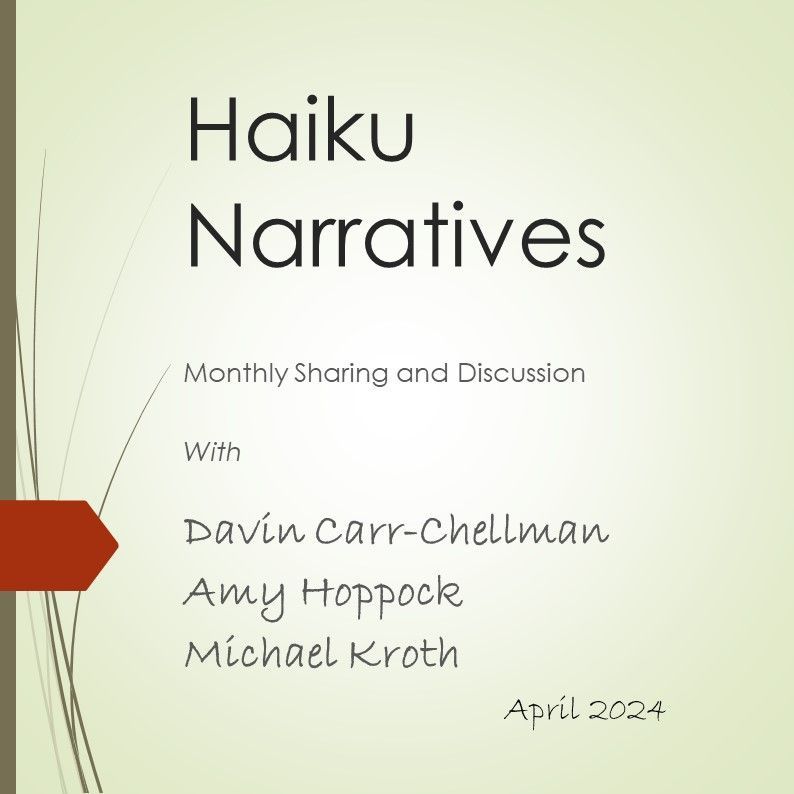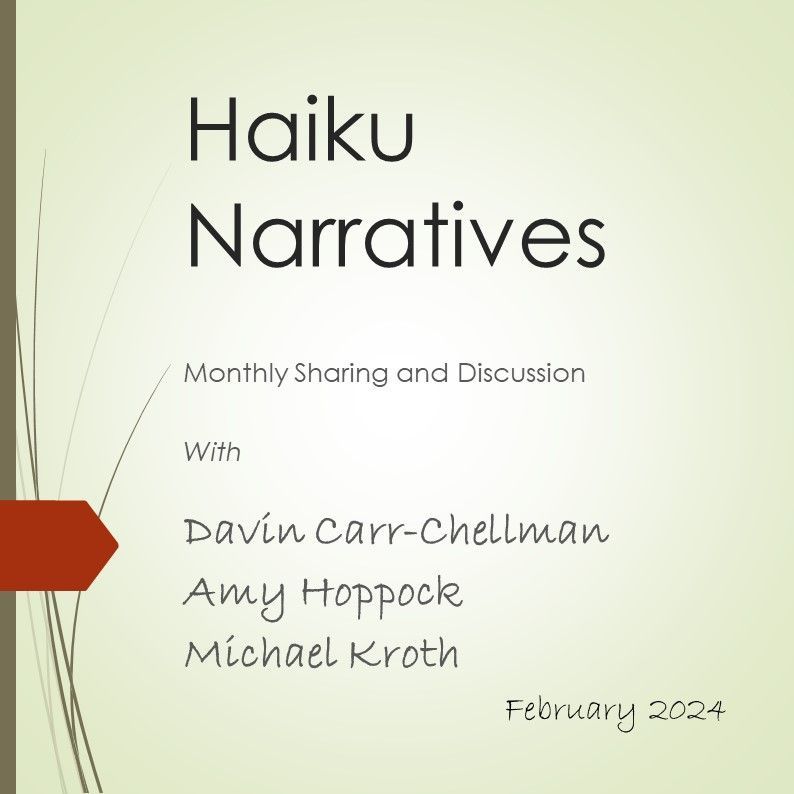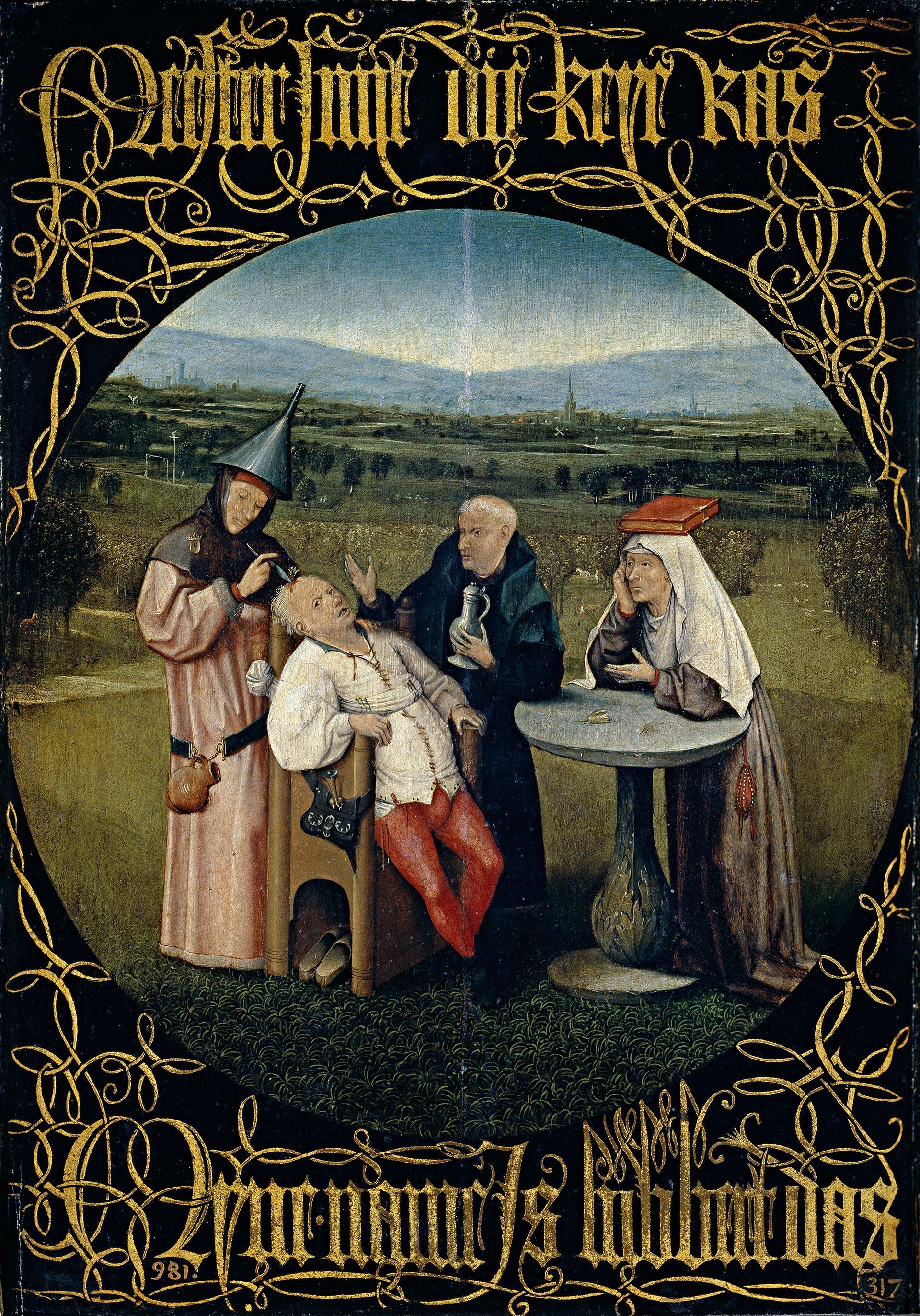
Were It Worth The Trouble?
Be a pilgrim, but also be a disciplined learner, a practitioner who practices
Bear Claw Chris Lapp: You've come far pilgrim.
Jeremiah Johnson: Feels like far.
Bear Claw Chris Lapp: Were it worth the trouble?
Jeremiah Johnson: [pause, then] Huh? What trouble?
You've Come Far Pilgrim - from Jeremiah Johnson
Jeremiah Johnson is one of those movies I can watch over and over and over again, and I have. It’s not a big intellectual lift but it has deep and compelling themes. The story is entertaining. Jeremiah, played by Robert Redford, sets out from society to head to the mountains. He doesn’t know what he is doing, doesn’t have the skills or the experience to survive and he doesn’t have a survival mindset, but he manages to do just that – survive, that is - through some good fortune, perseverance, and finding someone to teach him.
At the beginning of the movie he is a product of society, at the end he is a mountain man. Transformed.
To set out toward new lands and a new life, or even a moderately different life, means taking risks, it means recognizing that the goal might not even be reached.
It means being a pilgrim. An explorer.
It means being a ready, intentional, disciplined learner.
Be a pilgrim, but also be a learner and a practitioner. A practitioner who practices.
While Jeremiah was ready in spirit, he was woefully lacking in expertise. He almost froze to death, almost starved to death, and could easily have been killed by other people or animals. He was fortunate to run into Bear Claw, who taught him survival skills, before any of that happened. Even with those, his life was regularly at risk.
One of the surest ways to become intentional about the person one wants to be and to become is to adopt practices for living that will take us there. Many times, we can’t do it on our own. We need a guide and mentor or instructions to show us what works and what is unlikely to work.
Happening upon Bear Claw was a stroke of luck. Developing, maintaining, and incorporating those skills and mentality was all on Jeremiah, and all within his control. He had to live, each day, practicing what he’d been taught by Bear Claw and, more, what living in the wild taught him, and only by doing that would he evolve into somebody quite different from the Civil War veteran who had stepped off a boat at the bottom of the mountain.
Jeremiah stepped off that boat to head high into the mountains. He didn’t just read about it, or “like” a Facebook post about it. He stepped off the boat.
I don’t know what kind of person you would like to be or to become. That, of course, is up to you. But I can say with some assurance that becoming that person is unlikely to occur through luck. By spinning the roulette wheel and hoping to get a winner. By depending on talent, even if you were blessed with natural talent. By currying favor with others. Those might or might not help you, but they do little to help you to become more the person you’d like to be.
Philip Dow, writing in Virtuous Minds: Intellectual Character Development*, quotes William James, who said, “No matter how full a reservoir of maxims one may possess, and no matter how good one’s sentiments may be, if one has not taken advantage of every concrete opportunity to act, one’s character may remain entirely unaffected for the better” (in Dow, p. 123).
Maxims, memes, posting on social media, reading books - even deeply meaningful books, and essays like this mean little unless they result in action. And it is sustained, intentional action that is likely to make you into the person you want to be. Nothing less.
Opportunities for action may occur serendipitously, or because one has put themselves into a situation where opportunities might arise, or action may occur as a matter of regular practice. Take advantage of all these when you can.
And thereby you’ll become more and more the person you want to be, and find yourself more and more in the "place" you want to be.
And you probably won’t have to move to the mountains to do that.
*The seven “intellectual virtues” Dow identifies are: 1) Intellectual Courage, 2) Intellectual Carefulness, 3) Intellectual Tenacity, 4) Intellectual Fair-Mindedness, 5) Intellectual Curiosity, 6) Intellectual Honesty, and 7) Intellectual Humility
Reference
Dow, P. (2013).
Virtuous minds: intellectual character development for students, educators, & parents. InterVarsity Press.
Maxims, memes, posting on social media, and essays like this mean little unless they result in action
Follow Me
Profound Living Copyright © 2019 by Michael Kroth.
All Rights Reserved.
Individual contributors to this site retain all rights to their own original work.
Follow Us
Subscribe for Updates
Contact Us
Thanks for subscribing! You'll now be notified whenever a new post is added.
Oops, there was an error.
Please try again later
